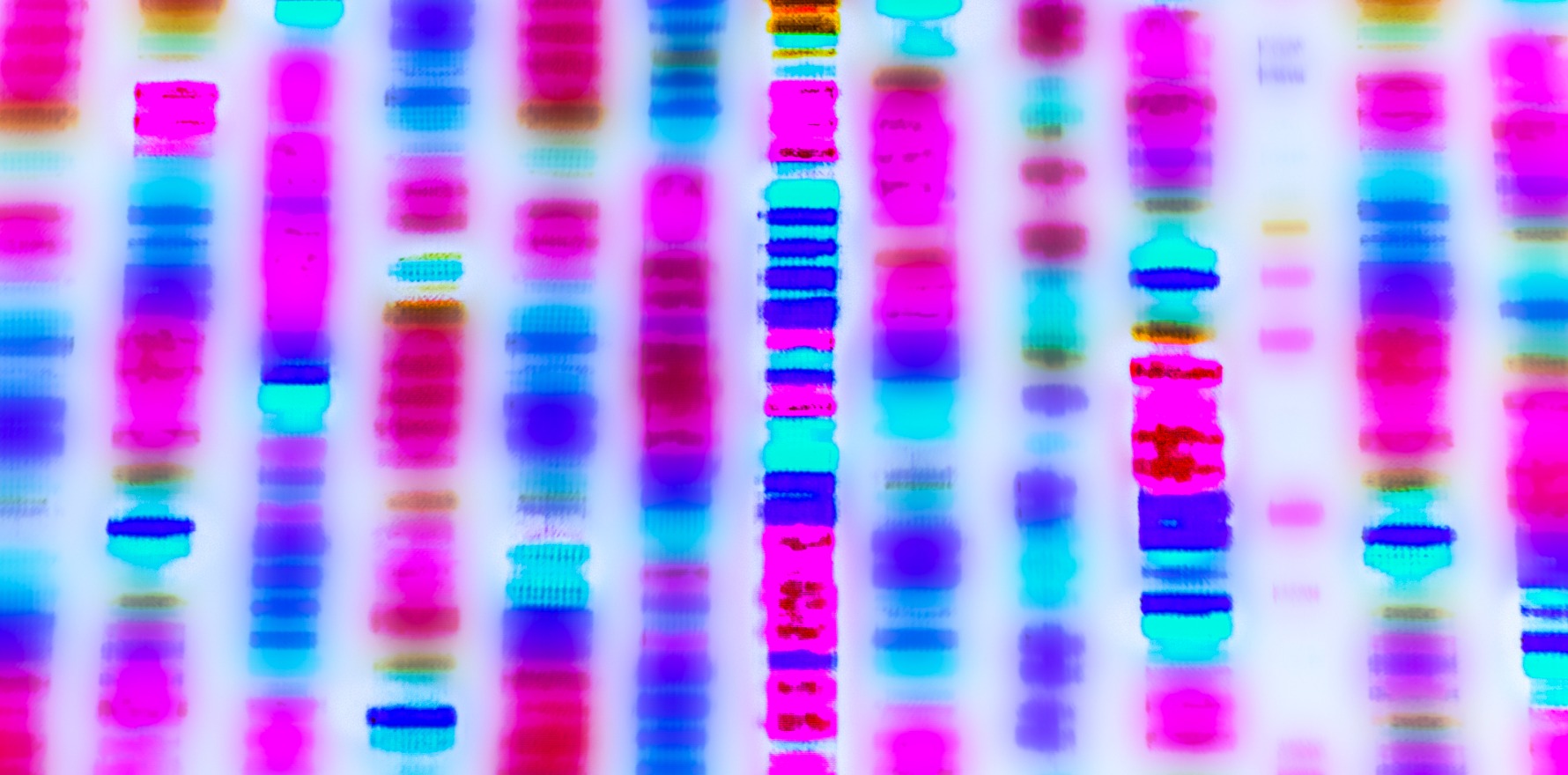Genetic screening for susceptible populations may attenuate risks of several serious diseases.
An MBS funding recommendation supporting wider access to targeted carrier testing for nine severe monogenetic conditions is a welcome development for at-risk ethnic groups.
The Medical Services Advisory Committee made the recommendation to Health Minister Mark Butler following an application from the Royal College of Pathologists of Australasia. The college said the approval would significantly benefit members of the Ashkenazi Jewish population, who are at considerably greater risk of genetic variants that can lead to severely disabling or life-threatening diseases.
“The conditions covered by this particular testing are Tay Sachs disease, Canavan disease, familial dysautonomia, mucolipidosis type IV, glycogen storage disease type 1, Fanconi anaemia type C, Gaucher disease type 1, Niemann Pick disease type A and Bloom syndrome,” the RCPA said.
“The test would also detect variants that cause cystic fibrosis, spinal muscular atrophy and fragile-X syndrome, conditions where testing has already been approved for public funding.”
“This is a very exciting outcome and a huge step towards having this vital testing included on the MBS,” said Professor Leslie Burnett, genetic pathologist and spokesperson for the Royal College of Pathologists of Australasia.
“The evidence shows that offering carrier testing for at-risk individuals is a successful and proven health strategy, benefiting both the individuals at risk, and the broader community.”
Individuals with Ashkenazi Jewish heritage have a one in five chance of carrying at least one of the conditions and the probability of having an affected child is one in four when both parents are carriers of the same pathogenic variant.
“Having a child born with these conditions causes significant burden to affected children and their families, to society and to the healthcare system,” said Professor Burnett.
Speaking to The Medical Republic, Professor Burnett emphasised the importance of GPs having a familiarity with the autosomal recessive inheritance of the tested disorders, as well as understanding the relevance of genetic conditions to particular ethnic groups.
“It is a matter of being aware of the possibility, and asking the right questions, as the knowledge of cultural ancestral heritage typically is lost over two to three generations even though the genetic ancestral risk remains,” he said.
The tests have not previously been publicly subsidised, costing around $400-$500 for a gene panel. Access to testing requires a medical referral and genetic counselling is advised.


